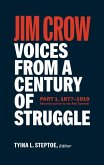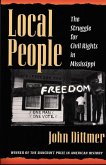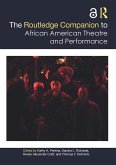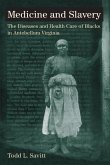In 1905, the sociologist James Cutler observed, "It has been said that our country's national crime is lynching". If lynching was a national crime, it was a southern obsession. Based on an analysis of nearly six hundred lynchings, this volume offers a new, full appraisal of the complex character of lynching. In Virginia, the southern state with the fewest lynchings, W. Fitzhugh Brundage found that conditions did not breed endemic mob violence. The character of white domination in Georgia, however, was symbolized by nearly five hundred lynchings and became the measure of race relations in the Deep South. By focusing on these two states, Brundage addresses three central questions ignored by previous studies: How can the variation in lynching over space and time be explained? To what extent was lynching a social ritual that affirmed traditional values? What were the causes of the decline of lynching? An original aspect of the work is that it demonstrates the role blacks played in combatting lynching, whether by flight, overt protest, or other strategies. The most lasting of these were efforts to organize opposition to lynching, efforts that culminated in the expansion of the NAACP throughout the South. The book's multidisciplinary approach and the significant issues it addresses will interest historians of African-American history, the South, and American violence. At the same time, it will remind a more general audience of a tradition of violence that poisoned American life, and especially southern life.
Hinweis: Dieser Artikel kann nur an eine deutsche Lieferadresse ausgeliefert werden.
Hinweis: Dieser Artikel kann nur an eine deutsche Lieferadresse ausgeliefert werden.








